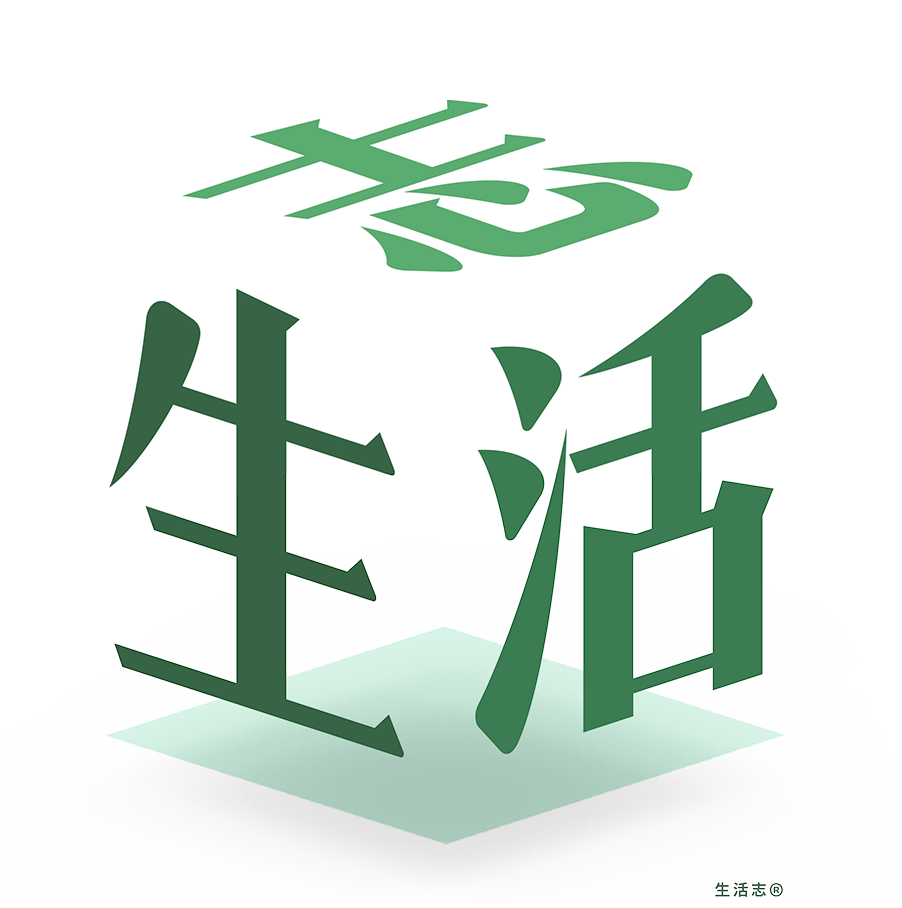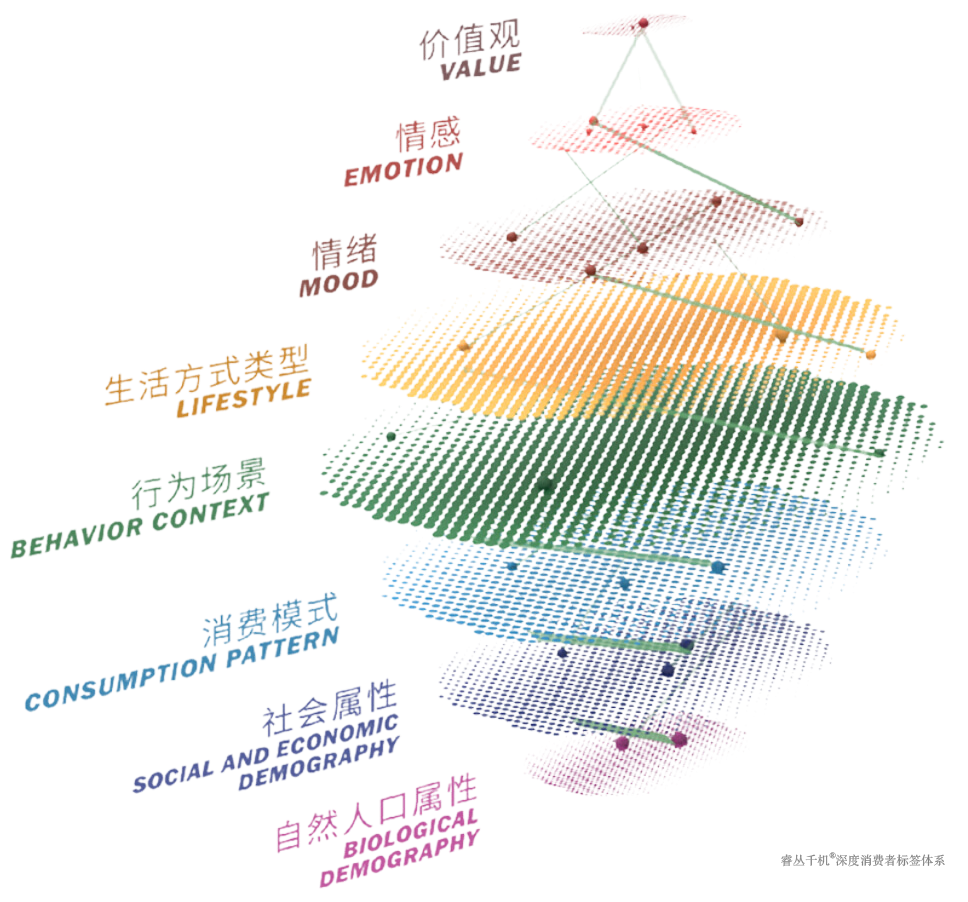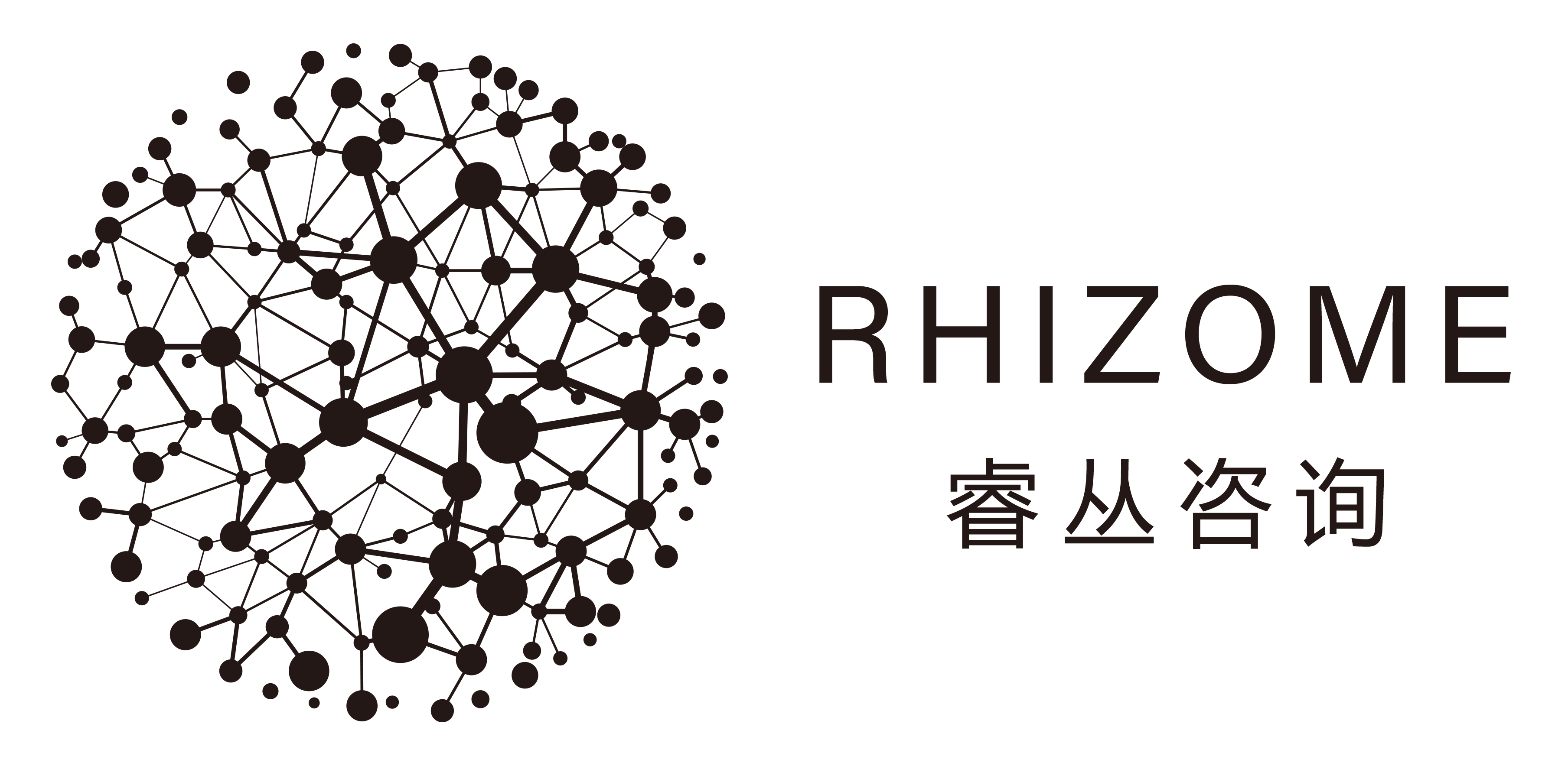Cultural Anthropology studies patterns of culture. The definition of culture covers a range of everyday activities such as dining and dressing, and general human conditions such as life and death. Culture is a system of rules and beliefs by which people engage in through everyday activities and the world. Human beings learn these rules through unconscious repetition in their everyday life. They are entangled in the web of culture.
Rhizome has successfully applied ethnography, cultural and semiotic analysis to both market and consumer research and have creatively combined these methods to develop a series of research products including the In-depth Consumer Index System “Qianji”, Culture Code, Contemporary Life Database, Context and Experience Modeling and "Qianji" Big Data. These tools allow us to establish brand concept systems, consumer profiling and segmentation, all to efficiently optimize consumer experiences. This is how we support clients to better understand consumer behavior and to further develop systematic, specific and leading brand and marketing strategies.

RHIZOME Ethnography®
Ethnography can comprehensively identify consumers' varied behavioral expectations, motives, and needs. It can build behavioral models that correlate consumer values, emotions and motivations. In addition, it can identify the criterions and factors that generate each unique situation, while placing these behavioral motives and situations in a larger integrated societal and cultural system for further analysis and interpretation. From there, we are able to precisely explore consumers' needs and their transformation on a deeper level, thereby predicting associated consumer trends.
On-Site Observation: Researchers immerse themselves into the daily lives of informants, hang out with them, understand their lives, contexts and habits, and uncover the underlying demands and tensions that go beyond words and consciousness.
Relaxing and natural atmosphere: In the process of observation, researchers transform into companions and participants to reduce the informant’s alertness and prevent them from acting fake.
Real and Immediate: On-site observation captures the “present moments” and unconscious behaviors of informants. Accompanied by real-time interviews, researchers are able to obtain first-hand information. This can help informants to avoid overly concluding, distorting or beautifying their memories.
Rich and Comprehensive: Through on-site conversations and discussions, we use notes, audio and video recordings to restore informants’ behavioral habits (what they eat, how they dress and where they live), social networks, work contexts, media consumption contexts and experiences, etc. We capture a massive amount of vivid, fresh, real and influencing stories and contexts.

Culture Decoding®
People's behaviors and opinions are always influenced by the social and cultural structures they live in. Economic conditions, local traditions, public consensus and popular discourses all contribute to this larger structure, and its influences are manifested in all life aspects. This includes decisions regarding food, clothing, living space, and transportation. Hence, in order to comprehend and predict people's behaviors and motivations, it is crucial for brands to understand “Culture Code”. “Culture Code” has a vital impact on how brands spread themselves and convey brand values into consumer's heart.
The structures of culture and society are not static. In China, they are undergoing rapid changes, causing a huge transformation in consumer’s consumption behaviors, perceptions and preferences. We keep up with the changing rhythms and trends, decoding and leveraging them into strategies for brands, to further establish a deeper connection between brands and consumers in the aspects of emotions and values. This is the unique value of culture code.

RHIZOME QIANJI®The In-depth Consumer Index System “Qianji”
Rhizome employs the In-depth Consumer Index System “Qianji” to precisely profile consumers with eight dimensions. Analytical dimensions can be adapted according to different objectives. “Qianjita” can be applied to effectively identify key needs and differences. It constitutes the knowledge foundation for consumer segmentation, branding and marketing.
As an analytical framework, the unique “Qianji” develops eight analytical dimensions to profile consumers from a multi-dimensional perspective. The eight dimensions go beyond traditional demographics (gender, age, etc.) and social attributes (occupation, social identity, etc.), further crafting the lifestyles, consumption patterns and values of consumers.

Contemporary Life Database™
Contemporary Life Database is a qualitative database developed and owned by Rhizome. The diversity and depth of the data guarantee the promptness and reliability of the insights and strategies.
WIDE-RANGING——More than 30 provinces across the country More than 100 cities involved, ranging from tier 1 to 4
DIVERSE——High diversity of demographic data
VIVID——Real-time observation and growing record of people and cities
IN-DEPTH——5000+ individual life stories thoroughly recorded, including lifestyle, consumption, family and self-development, demonstrated in rich formats of texts, videos and photos
The contemporary life database is based on a diachronic study by observing informants in their real-life context over a longer period of time. It enables researchers to well combine historical records and future trends, explore differences between types of people and the key drivers behind it, and identify the emerging needs and cognitive changes as they take place, which provides a solid basis for decision-making.
Panel databases: Mom Panel, Elite Panel, China Middle-Class Panel, China Youth Panel.
